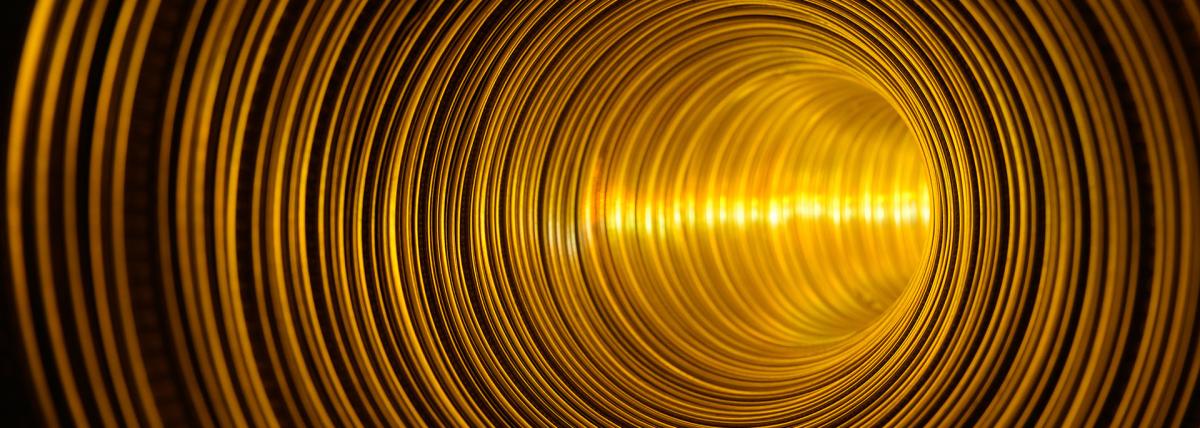
Grades:
4th Grade, 5th Grade
In this engaging lesson, students will explore the fascinating world of magnetism. Students will learn about different types of magnets and how they work. Additionally, we will delve into the concept
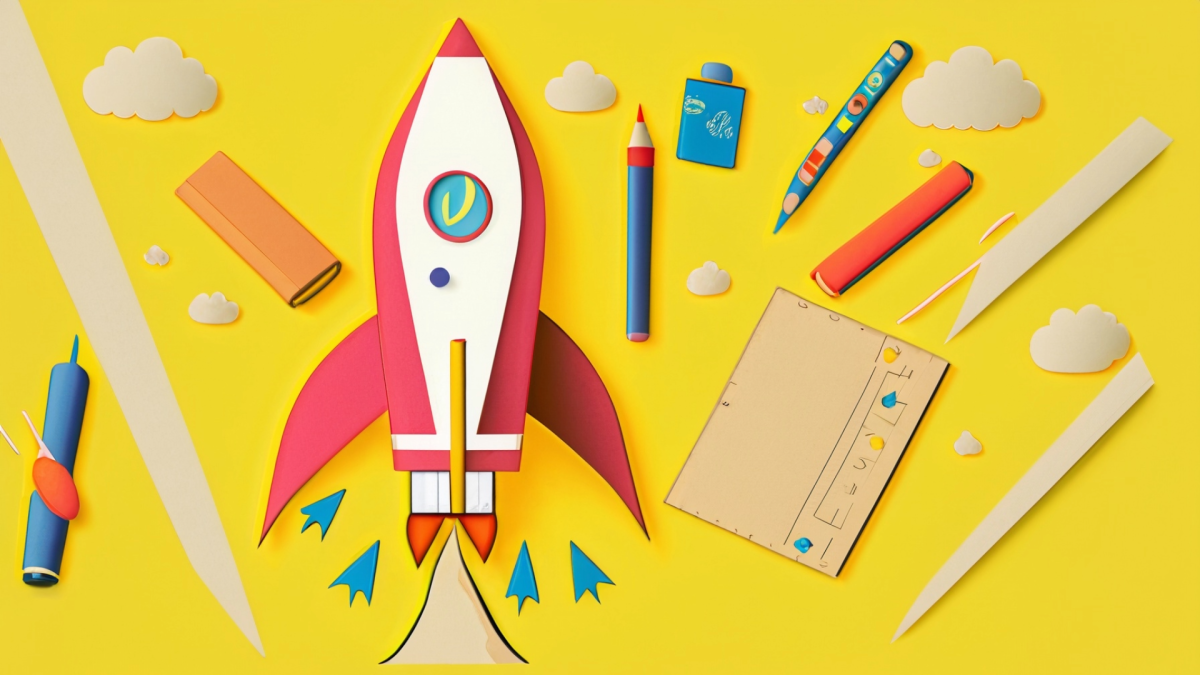
Featured
Rocket Science
Grades:
3rd Grade, 4th Grade, 5th Grade
This engaging lesson is a great introduction for space exploration units. This plan goes over the history of rockets, how they work, and how modern rockets help us explore the solar system. There are

Grades:
4th Grade
This lesson focuses on teaching 4th-grade students the fundamental concepts of force and motion through the hands-on activity of designing, constructing, and launching paper rockets. The lesson

Grades:
4th Grade, 5th Grade, 6th Grade
In this lesson, students will explore the forces of flight in rockets. They will construct a rocket using straws, clay, and index cards. Students will then use a launcher to launch their rockets and

Grades:
1st Grade, 2nd Grade, 3rd Grade
We begin with the observation of a phenomenon - the spinning pioneer button. Students make their own spinning pioneer button and experiment with different lengths of string. With teacher input and

Grades:
3rd Grade, 4th Grade, 5th Grade, 6th Grade, 7th Grade, 8th Grade, 9th Grade, 10th Grade, 11th Grade
This engineering design STEAM lesson is intended to be introduced as a playful and inventive approach to learning simple machines. Students explore levers, cams, cam followers, linkages, and other

Grades:
7th Grade, 8th Grade, 9th Grade, 10th Grade, 11th Grade, 12th Grade
Want to incorporate the Arts into your 7-12 STEM classroom? The Global Science Opera provides a way to do just that! Learn how to facilitate a STEAM collaboration with arts teachers to make it happen.

Grades:
4th Grade, 6th Grade
This project consists of the final part of a four-part unit for 4th and 6th-grade students exploring Arizona's science standards. Students will study how living things compete for energy and resources

Grades:
4th Grade, 6th Grade
This project is the third of four parts involving 4th—and 6th-grade students exploring Arizona's science standards. Students will learn about how human activities impact the environment, competition
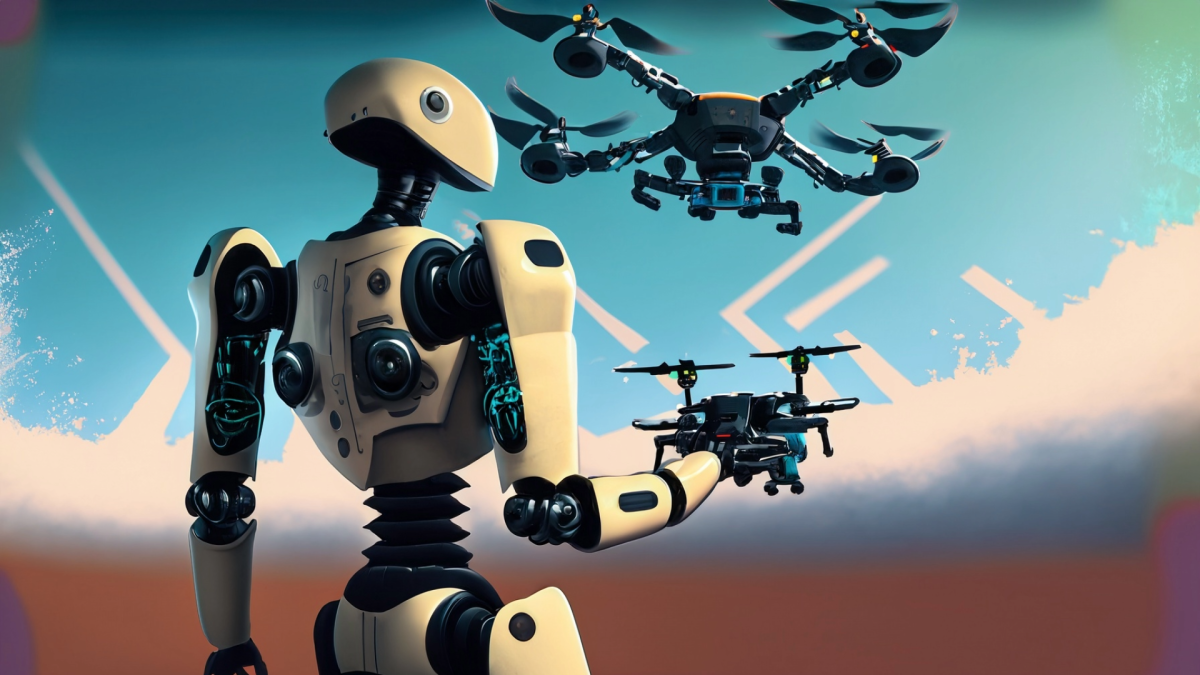
Grades:
3rd Grade, 4th Grade, 5th Grade, 6th Grade, 7th Grade, 8th Grade
Coding and flying drones what a match! Students will have the chance to experiment with flying a drone in a simulator. The lesson includes 4 missions incorporating forces of flight acting on a drone.
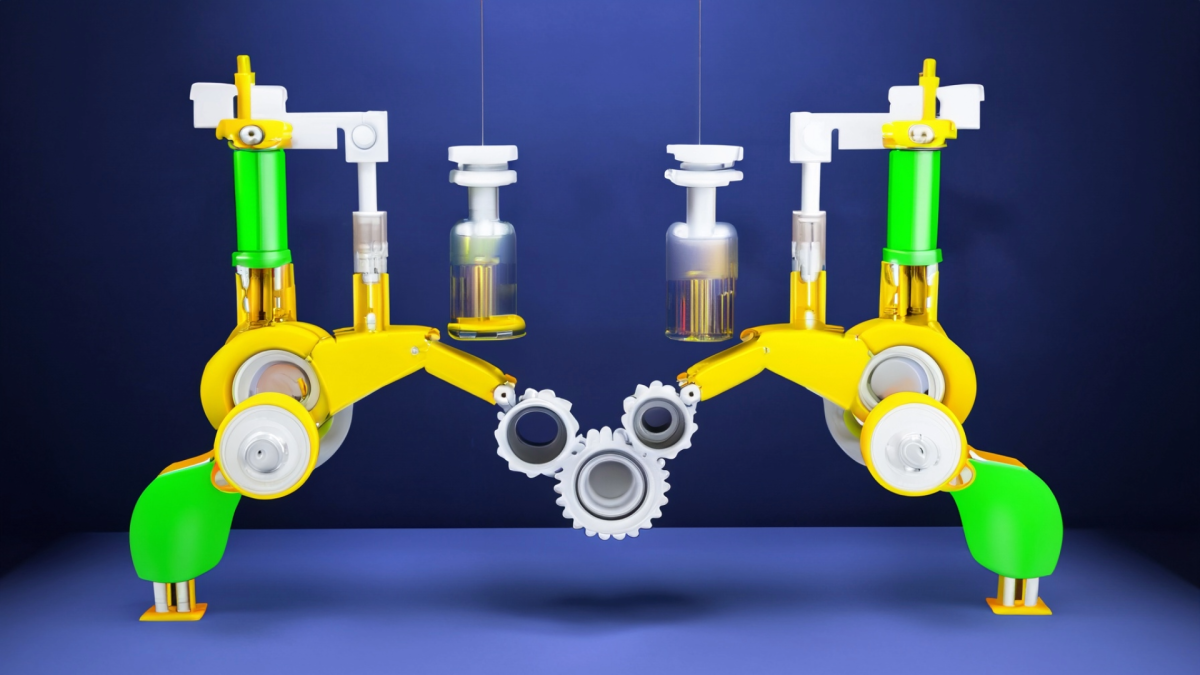
Grades:
Kindergarten
Kindergarten students will be given a STEM case to solve! The goal is to build a bridge for two different sized/weight of vehicles. Students will research types of bridges and decide which bridge will

Grades:
2nd Grade, 3rd Grade, 4th Grade
In this lesson students in grades 2-4 will explore Arizona’s important role in the copper industry by learning how to create a simple circuit using copper wire, a battery and LED pin lights. They will

Grades:
4th Grade
This 4th grade STEAM lesson focuses on introducing students to Earth's four systems: Hydrosphere, Geosphere, Atmosphere, and Biosphere (excluding the Lithosphere). Students will learn about the Greek

Grades:
5th Grade
In this lesson, your students will be engaged in learning about forces and motion while using fractions in line plots. Students will record the spin time of different objects, they will display data

Grades:
9th Grade, 10th Grade, 11th Grade, 12th Grade
This lesson is a follow-up to the lesson titled "Creating Sustainable Solutions with Bioplastics Part 1". In this lesson, students evaluate different ingredients for bioplastics and create a minimum
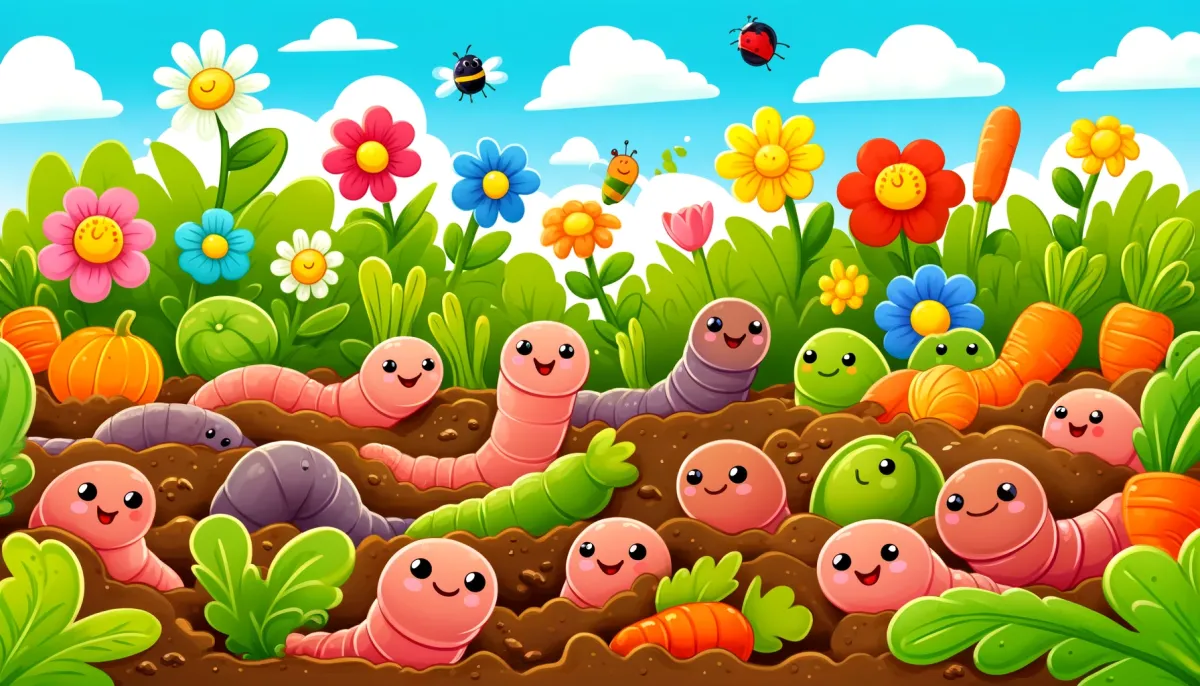
Grades:
Kindergarten, 1st Grade, 2nd Grade, 3rd Grade
This is a series of 4 lessons lasting 30 minutes each. This is the first of two slide decks of lessons focusing on worm inquiry and technology. The lessons in this slide deck use digital microscopes

Grades:
9th Grade, 10th Grade, 11th Grade, 12th Grade
Students will delve into the intricate web of Earth systems, recognizing their interconnected nature and unlocking the secrets of Japan's geological features through observation and data collection
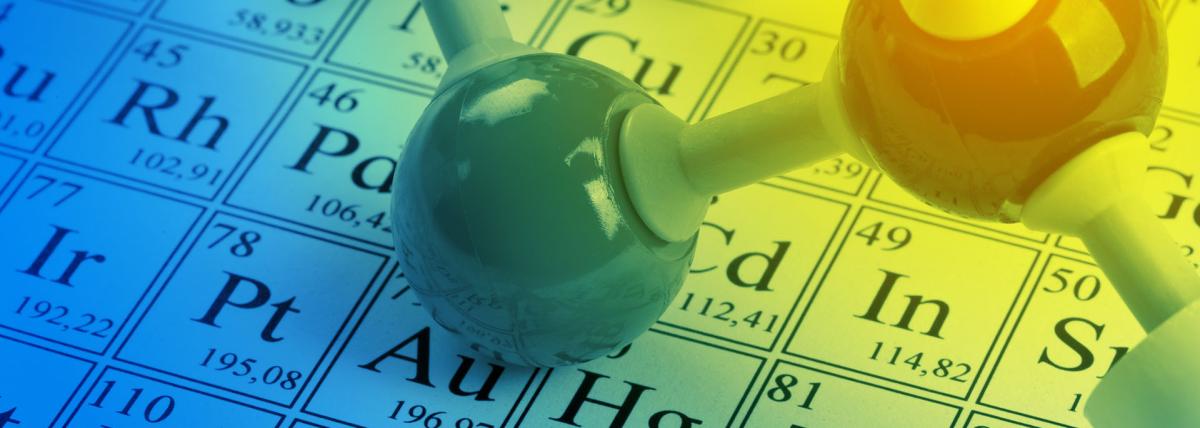
Grades:
10th Grade, 11th Grade, 12th Grade
Students will unravel the intricacies of environmental impact analysis, gaining insight into its pivotal role in evaluating the sustainability of chemical processes. Through a blend of explanation

Grades:
3rd Grade
In this lesson there will be several small activities; on the first day students sort seeds and describe the different characteristics of the seeds; as an introduction and to engage students. Students

Grades:
6th Grade, 7th Grade, 8th Grade
This lesson shows how to use VEX IQ robots in your classroom. There are links to the VEX free resources that can be used to help new or experienced robotics teachers.

Grades:
10th Grade, 12th Grade
This lesson builds on the Part 1 of Urbanization Impacts in the HS Environmental Science classroom. In this lesson, students are utilizing their knowledge to create models of solutions to the

Grades:
10th Grade, 11th Grade, 12th Grade
This lesson includes a slide show and FITB notes page introducing Urbanization in a HS Environmental Science class. Benefits and drawbacks of urbanization are discussed, with a documentary about

Grades:
6th Grade
In this lesson students will research different roller coasters then work in groups design and build a roller coaster using pipe insulation and tape. Students will then analyze their roller coaster

Grades:
Kindergarten
Students will explain how the apples are changing numbers through stem challenges and physical tests in this early childhood lesson.


